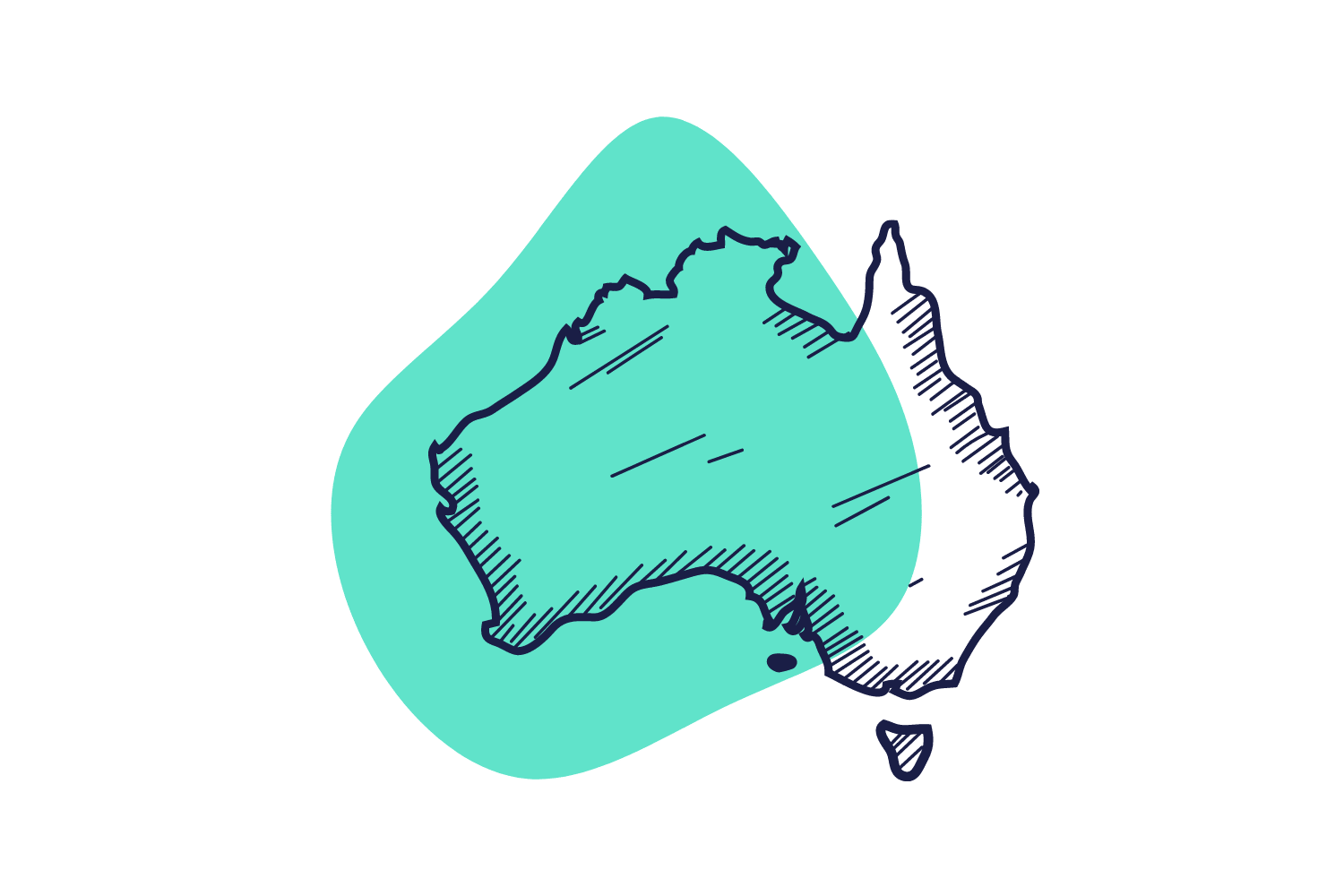United Arab Emirates Ease Restrictions on THC Products & Relax Some Societal Constraints
On January 2, 2022, the United Arab Emirates overturned a centuries-old, draconian drug policy. The UAE now treats compulsive drug use as a health condition. Cannabis & psychedelics are still illegal.

Before January 2, 2022, Draco would have probably felt at home in the United Arab Emirates (UAE). The Athenian, known as the Law Giver, exacted the harshest punishments for the smallest infractions. You could be put to death for being a vagrant.
UAE laws have never been that ludicrous, but until recently, some of them imposed severe punishments for even minor offenses. Others allowed the government to intrude in its citizens’ most personal affairs.
But some of the country’s strictest laws were aimed at drug offenders. A first-time offender could get years in prison for a single joint. If caught selling drugs, you would receive a decades-long prison sentence. A trafficker could even be put to death.
In this article, we’ll examine the dramatic shift in the way drug addiction and substance use are viewed by the UAE government. We’ll also look at some UAE laws with severe penalties, which would be non-punishable offenses in the United States.
UAE Drug Policy: Before & After January 2022
Prior to January 2022, the UAE had a zero-tolerance policy for drug-related offenses. Penalties included:
- Death sentence for drug traffickers.
- Arrest & deportation for citizens of other countries living in the UAE caught using or possessing drugs.
- First-time offenders caught bringing any item containing cannabis — including CBD oil — into the country could receive up to four years in prison.
- Three years to life for selling drugs.
- Prison time for drugs in your blood or urine.
According to the UAE, ignorance of its drug laws was no excuse. Violators were severely punished, regardless of the circumstances.
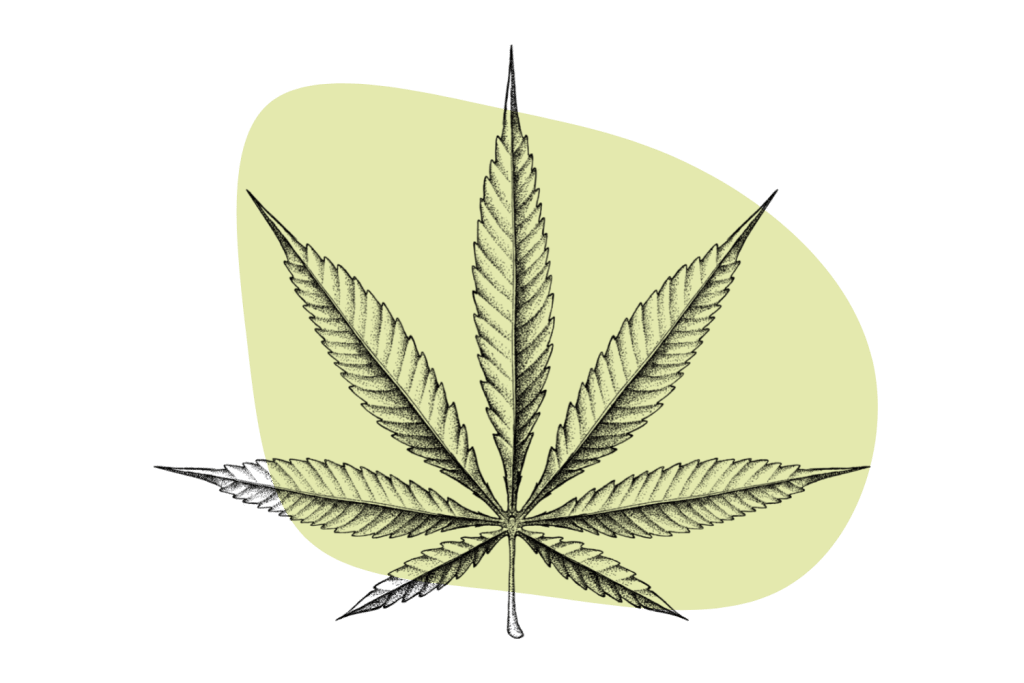
A New Approach to Drug Offenses
The UAE has abandoned its zero policy for drug offenses. The country issued amendments to long-standing anti-narcotics laws as part of the most extensive set of legislative reforms in the country’s history.
Federal Decree Law no. 30 of 2021 on Combating Narcotics and Psychotropic Substances, which went into effect on January 2, 2022, brings fundamental changes to drug laws in the UAE.
Dr. Hasan Elhais, a legal consultant at one of the best law firms in the UAE, said the new drug laws “present a comprehensive approach to combating the use and promotion of narcotics. It takes into account justice, public health, security, and family relations,” he said.
Some of the dramatic changes in UAE drug policy include:
1. Deportation
Before January 2022, citizens of other countries living in the UAE convicted of any drug crime would face mandatory deportation. That is no longer the case. Deportation is now up to the discretion of the judge.
2. First-Time Offenders
There are significant changes in the drug policy regarding first-time offenders. It reduces the minimum sentence for first-time offenders from two years in prison to three months. It also gives them an opportunity for rehabilitation at a detention facility strictly for people convicted of drug offenses.
According to Omar Al Masri, a paralegal at a prestigious UAE law firm who is very familiar with the changes in the drug policy, “The background principle has shifted towards the treatment of drug use as an illness rather than a criminal act, with the new law giving the court the discretion to send offenders to specialized rehabilitation facilities.”
Ahmed Ibrahim Saif, senior judge at the Dubai Civil Court and former chief justice of Dubai’s Criminal Courts, said that the changes reflect prioritizing reform and align with the UAE’s principles. “Offenders are given second chances and are spared the loss of successful futures and decent living they have in the country,” he added.
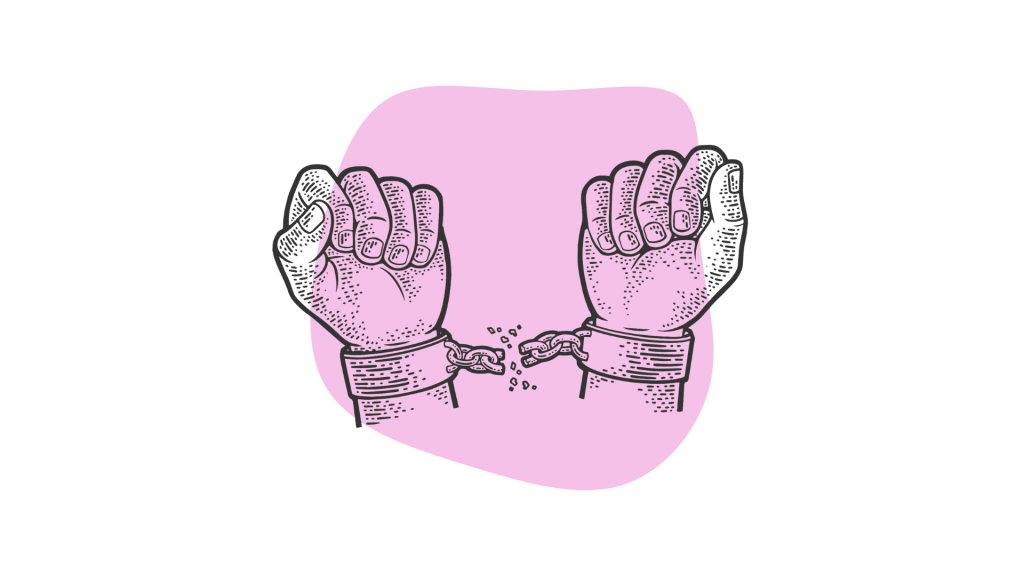
3. Travelers & Tourists
The new drug laws signal a significant change for one of the world’s most restrictive nations when bringing drugs into the country, including medications containing narcotics, sedatives, and amphetamines.
Following the changes in the law, people entering the country with food, drinks, and other items containing cannabis or cannabis derivatives will no longer face mandatory prison time for a first-time offense.
Instead of being carted off to jail, the substance will be confiscated, and the tourist will, at most, face a fine. However, carrying vapes or e-cigarettes that contain cannabis oil is still strictly prohibited.
4. THC Products
According to the UAE’s Federal Decree Law no. 30 of 2021 on Combating Narcotics and Psychotropic Substances, the new laws for travelers apply to products containing THC; including cannabis, cannabis resin, extracts, and tinctures of cannabis and delta 9 THC.
5. Psychedelics
Although psychedelic compounds such as magic mushrooms aren’t explicitly included in the drug law reformations for tourists, they also aren’t explicitly excluded.
If you plan to travel with any mind-altering substance — including prescription medication — make sure you clear it with your travel agent or the UAE Ministry of Health’s drug control department first.
In general, both natural and synthetic psychedelics are illegal in the UAE. Each case is dealt with and punished individually. People caught selling drugs face the harshest punishment.
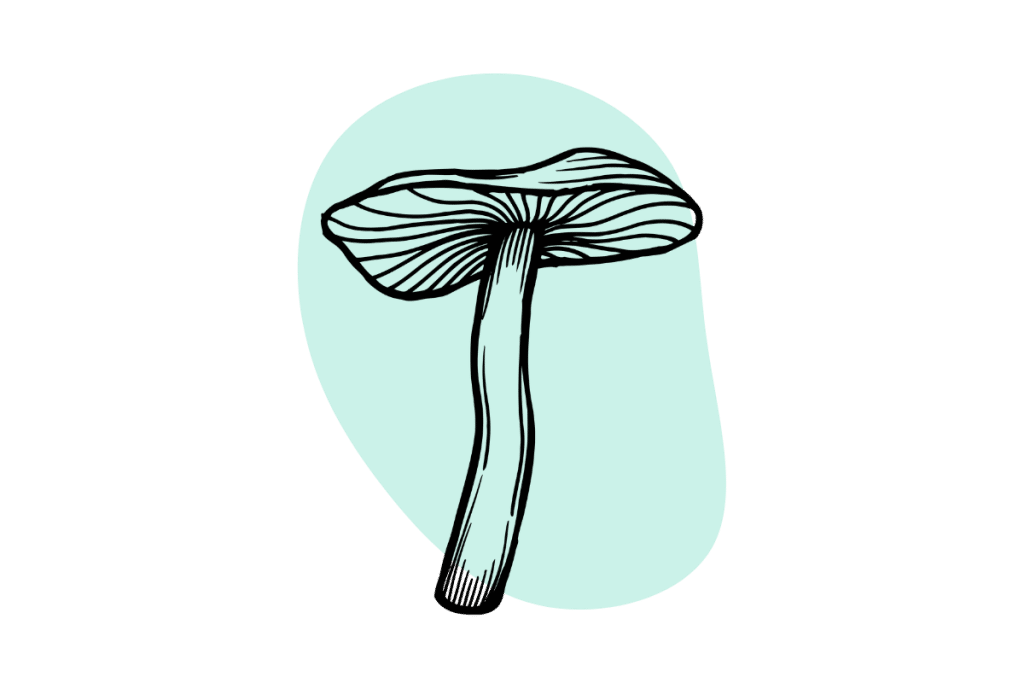
Some of the Old Policies Remain in Place
The previously mentioned reforms are not to be construed as decriminalization. Although penalties for travelers bringing THC products into the country have been relaxed, and in-country first-time offenders are now offered treatment options instead of prison time, all drugs are still illegal in the UAE.
The penalties for using and possessing “hard” drugs (cocaine, heroin, opioids, etc.) and drug trafficking are still very severe. In some instances, penalties have been increased. The sentence for people convicted of promoting and selling drugs has been increased to AED 50,000 (a little over $13,500), and a minimum of five years in prison.
UAE Now Views Substance Abuse as a Health Issue
The reforms the UAE government implemented in January 2022 approach drug addiction and its consequences more comprehensively. Minor drug offenses are now misdemeanors rather than felonies, and anyone who comes forward to seek addiction treatment is exempt from prosecution.
According to Dr. Mugheer Khamis Al Khaili, chairman of the Department of Community Development (DCD), Abu Dhabi will put treatment for users — and education for families — at the heart of a new policy to address the issue of substance abuse.
Dr. Layla Al Hayas, executive director of the DCD’s monitoring and social innovation sector, said that drug addiction is a burden on the economy and families. “Not every user is an addict, but we want to focus on prevention and we don’t want to work in silos,” she said.
According to Dr. Al Hayas, families might have a drug addict at home who refuses to seek treatment for fear of being stigmatized. “We want to work on providing them help privately without fear of stigma,” she said.
Related: How Psychedelics Are Revolutionizing Addiction Therapy.
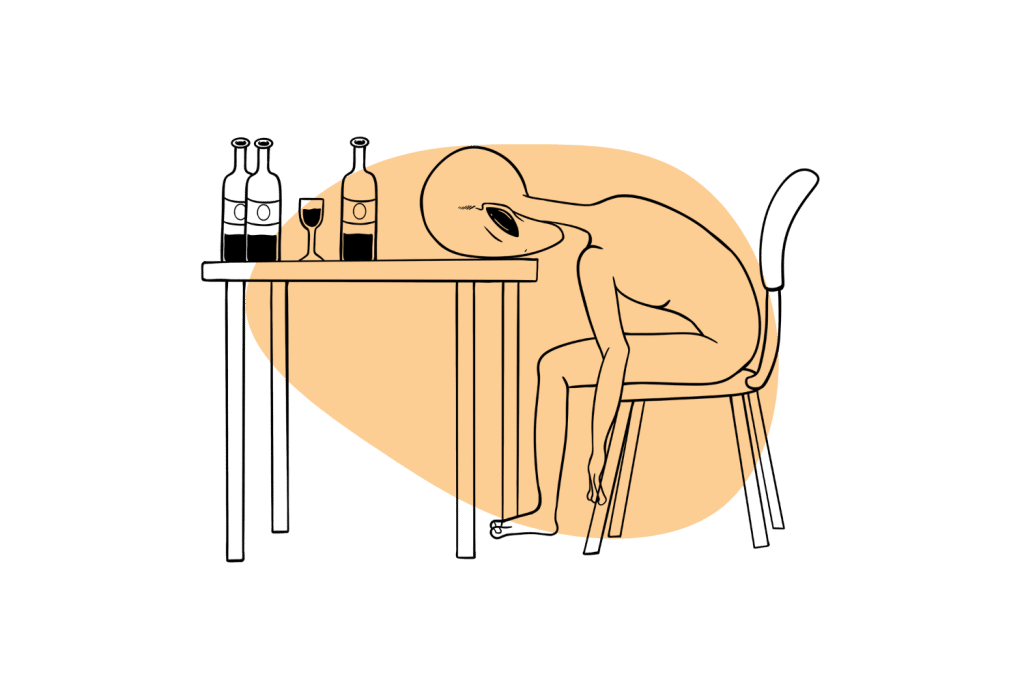
Objectives of New Drug Policy
The theme of the new UAE drug policy emanating from Abu Dhabi is: “A Community Safe from Addiction.”
The new strategy has several main objectives:
- Enabling early identification and intervention.
- Ensuring fast reintegration of those recovering into their families and society.
- Preventing substance use.
- Providing appropriate treatment to substance users.
“We expect that after enforcing the strategy, it will decrease drug use rates and related deaths and increase the number of people getting treatment,” said Dr. Al Khaili.
UAE Looks to Improve Its Image
The latest reforms implemented by the UAE are part of a strategy to improve its international image as it competes with Saudi Arabia to attract foreign investors. They are also an attempt to appease the country’s foreign population, which by some estimates, outnumbers Emiratis by almost ten to one.
In addition to the changes governing the use and possession of products containing THC, the UAE also relaxed penalties on some societal issues they had taken a hard stance on:
Relationships
There have been many changes in laws governing relationships between unmarried people. As of January 2022, having sex outside of marriage is legal. It’s also legal to live with someone you are not married to. Unmarried couples can now conceive a child without having to get married. However, both parents must acknowledge the child and commit to the child’s care.
Both parents must also provide a valid passport. If they do not, they could each go to prison for two years.
It’s also no longer illegal to kiss in public in the UAE.
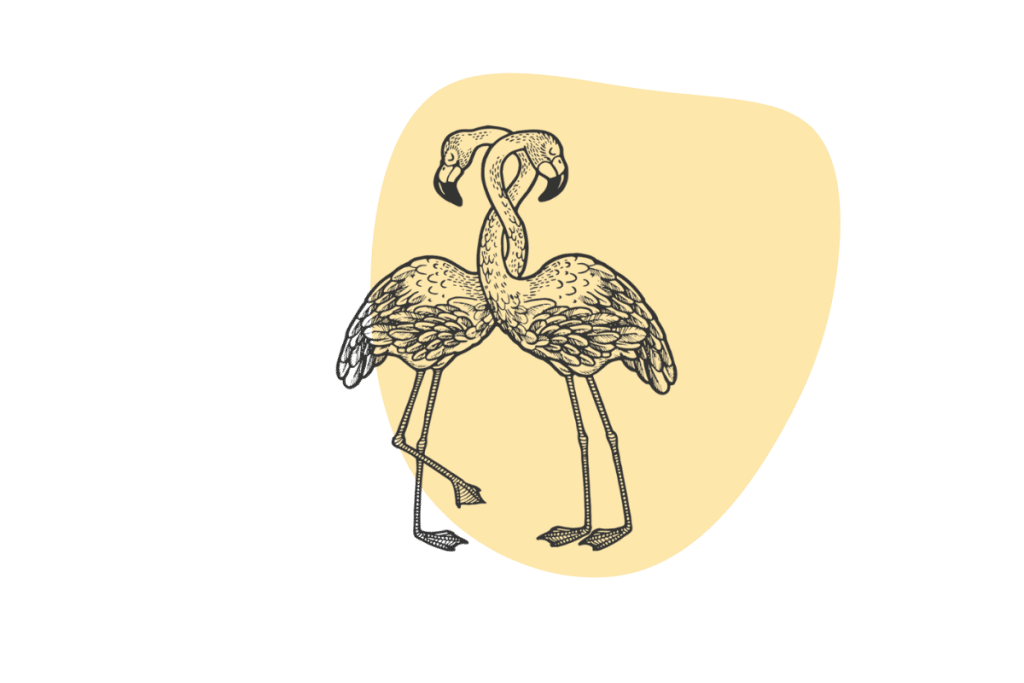
Alcohol Use
There have also been changes in UAE laws governing the sale and use of alcohol. A liquor license is no longer required to consume liquor in your home. A license is also no longer required to purchase alcohol.
However, you must be at least 21 to purchase alcohol in the UAE, and the purchase must be for personal use only. Although in recent years, bars and restaurants seldom asked customers to show a license, customers were still required to have one. The new law clears up any ambiguity concerning the license.
The revisions to UAE alcohol laws also give each emirate “the right to issue legislation regulating this issue.”
Labor Laws
A significant change in the UAE labor laws is the work week shift from Sunday to Thursday to Monday to Friday. This is only mandatory for government workers, but most private companies have followed suit. Additional labor laws introduced include flexible working hours for the private sector. Workers can now opt for temporary and flexible work hours.
If an employee works 40 hours a week per the contract with their employer, they can now perform all 40 hours in three days if they wish.

How to Run Afoul of the Law in the UAE Without Really Trying
Notwithstanding the reforms aimed at improving its public image, it’s still pretty easy for a visitor to run afoul of the law in the UAE. That’s because some things that will get you thrown in jail in the UAE are not considered criminal offenses in most civilized countries.
Some innocuous activities that will land you in jail in the UAE include:
Public Swearing
Swearing in public is a big deal in the UAE. Using the F-word can get you up to a year in prison and a $2500 fine. Giving somebody “the finger” is considered an “indecent gesture” that breaches “a victim’s pride, privacy and/or modesty.” This can get you deported.
Having a Dirty Car
Dirty cars are “disfiguring the city image and public health.” They are routinely towed away, and owners are charged fines and impound fees of up to $800.
Taking & Sharing Photos of Vehicle or Airplane Wrecks
You are not permitted to take pictures of any road accident. You could be fined a minimum of about $15,000 and a maximum of over $800,000. You could also be deported.
These restrictions also apply to airplane crashes. Posting pictures and videos on social media platforms of crashes is strictly prohibited.
Spreading Rumors
Many of the laws in the UAE are ambiguous, to say the least. One of the most ambiguous is the law against spreading rumors. Anything construed as a rumor is punishable by up to a three-year jail sentence and a fine of up to nearly $300,000.
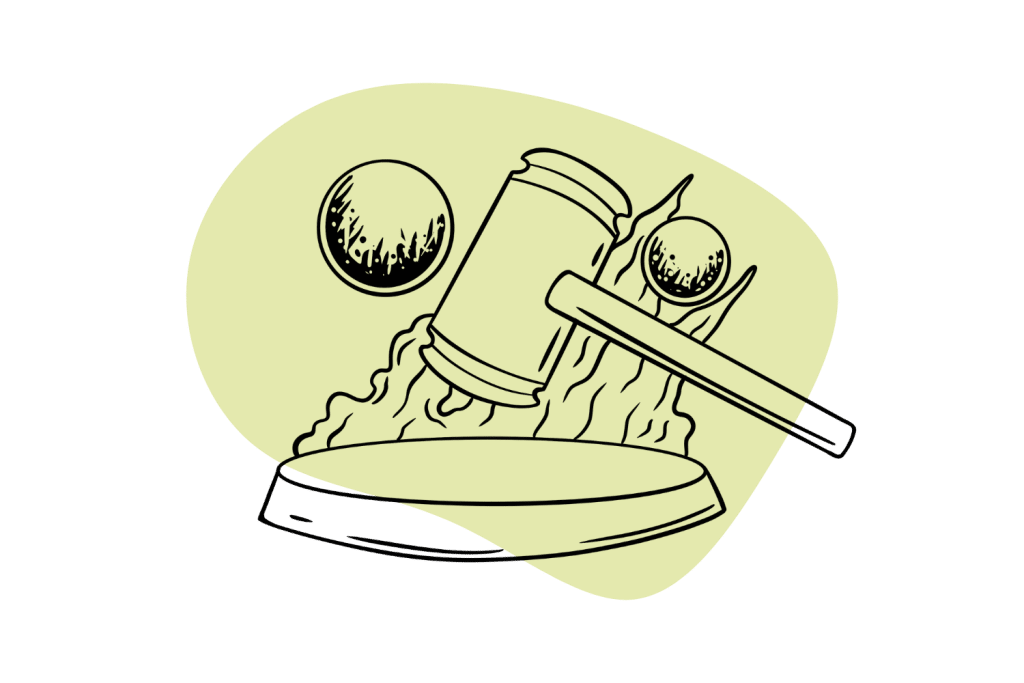
Decriminalization Not Likely Anytime Soon
Since promoting drug use is a severe crime in the UAE and its laws are ambiguous, it’s unlikely that cannabis or psychedelics advocates will take on the government in any of the Emirates soon.
However, the shift toward substance abuse as a health issue may have cracked the door open. In May 2022, Abu Dhabi held a major conference addressing the issue of drug abuse and addiction.
At the conference, Dr. Hamad Abdullah Al Ghafri, Director-General of the National Rehabilitation Centre (NRC) in Abu Dhabi, said that drug abuse and addiction are major problems worldwide. “The UAE is keen on providing the latest medical practices and techniques based on scientific research and innovation in the prevention, treatment, and rehabilitation of substance use,” he said.
Although currently, there appear to be no efforts underway — by the citizens or the government — to address the decriminalization of drugs in the UAE, the change in policy toward rehabilitation rather than incarceration can be viewed as a step in that direction.

